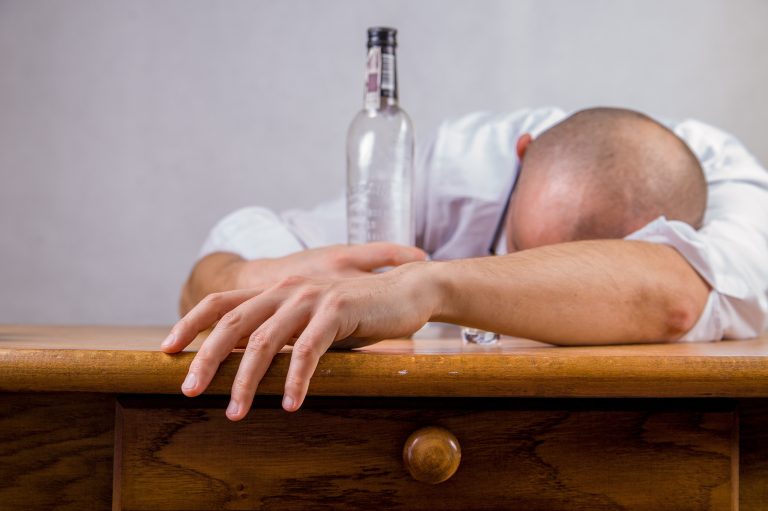Sometimes it can be hard to tell the hard drinker form the alcoholic. In essence, when the hard drinker stops drinking, their life gets better, and when the alcoholic stops drinking, their life gets worse.
The hard drinker is categorized by someone who drinks a lot, but when it starts to become a problem, they can stop when they need to. An alcoholic cannot. Once the alcoholic takes the first drink, the phenomenon of craving sets in, and at once they cannot stop. This is not like a typical craving for ice cream or chinese food. When the phenomenon of craving sets in, it has a physiological effect on the body, and is the main reason why addiction and alcoholism is classified as a disease. An alcoholic’s pupils dilate, and their heartbeat quickens when experiencing the phenomenon of craving. The experience of needing a drink is akin to being in the desert without food or water, and being confronted with bread and water. It is irresistable. For the hard drinker, this experience does not take place. They can put the drink down when it becomes a problem. The alcoholic experiences this craving and, no matter what the consequences are, they cannot stop. According to the Big Book of Alcoholics Anonymous, “The fact is that most alcoholics, for reasons yet obscure, have lost the power of choice in drink. Our so-called will power becomes practically nonexistent. We are unable, at certain times, to bring into our consciousness with sufficient force the memory of the suffering and humiliation of even a week or a month ago. We are without defense against the first drink.” This is a very popular segment from the Big Book because it rings so true for those who suffer from alcoholism. No matter the consequences, the true alcoholic will keep drinking. There is a neurological reason for this. When the alcoholic drinks, he activates the pleasure centers of the brain, and the survival mechanism, or the lizard brain, overpowers the thinking and reasoning part of the brain called the prefrontal cortex, and rational thought is not possible for the alcoholic. This is why alcoholics, when faced with a drink, cannot bring into their consciousness with sufficient force the memory of the suffering and humiliation of even a week or a month ago. This is why they have no power of choice in the matter. WIth the hard drinker, they may drink quite a bit, but when the rubber meets the road, they can stop. WHen consequences start to happen, they can stop. When spouses threaten to leave them, or CPS comes to take their kids away, or they lose their job, they can put down the alcohol. The alcoholic cannot.
The definitive way to tell the alcoholic from the hard drinker is asking a simple question. When things get serious, can they put down the drink, or do they drink all the harder?

